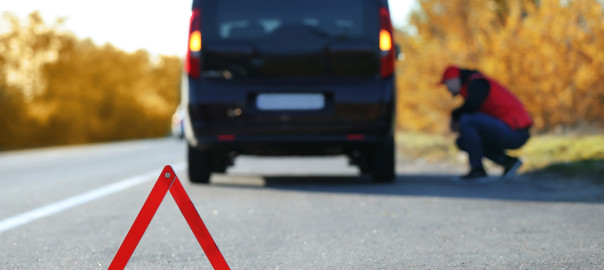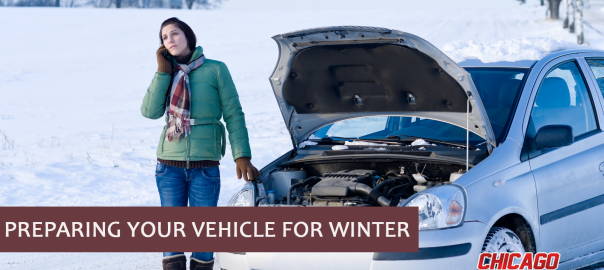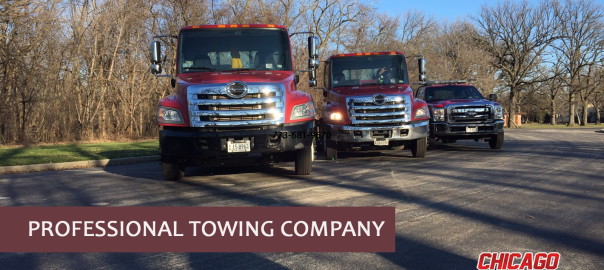There’s few everyday day-ruiners like automobile trouble. However, you’re lucky that Chicago Towing can always help provide roadside assistance to you when you need it. Here’s some of the most common vehicle issues that might lead to calling for roadside help for a good fix.
Jumpstarting
Sometimes you place your key in the ignition slot and turn it, only to find that it has no effect. This can be unbelievably annoying when you’re in a huge rush to get somewhere, or if someone you know or are related to can’t get there in a rush to help. Calling Chicago Towing for roadside assistance is a fantastic quick solution to get a jumpstart and get you back on the road. If you find that your car needs jumpstarts often, it should have it’s battery completely replaced.
Flat Tires
Flat tires are a very common cause for roadside assistance. It’s always smart to carry a spare tire inside your car, but it can be very very hard to change your tire when you’re all by yourself. Getting professional roadside assistance can help you swap your faulty tire for a good new one, and get you back on the road in a matter of minutes.
Lockouts
Roadside assistance can help when you get locked outside of your car. This is one of the most common issues for motorists. Within a matter of minutes from your call, a technician from Chicago Towing will arrive directly at your location, get your car unlocked instantly, and get you back on the road right away.
Re-Gassing
Sometimes you’re in a hurry to leave your house, so you leave bevor checking the gas meter, or hoping that you have enough to pull you through the day, and just refuel at a gas station after work. However, you’re driving down the street and your car begins feeling weird – this means it needs to be refueled, but this can be difficult especially when you’re in the middle of nowhere. Gas delivery is a commons service performed by roadside assistance groups – one of our technicians will simply drive to your location and refill your gas tank as soon as possible.



